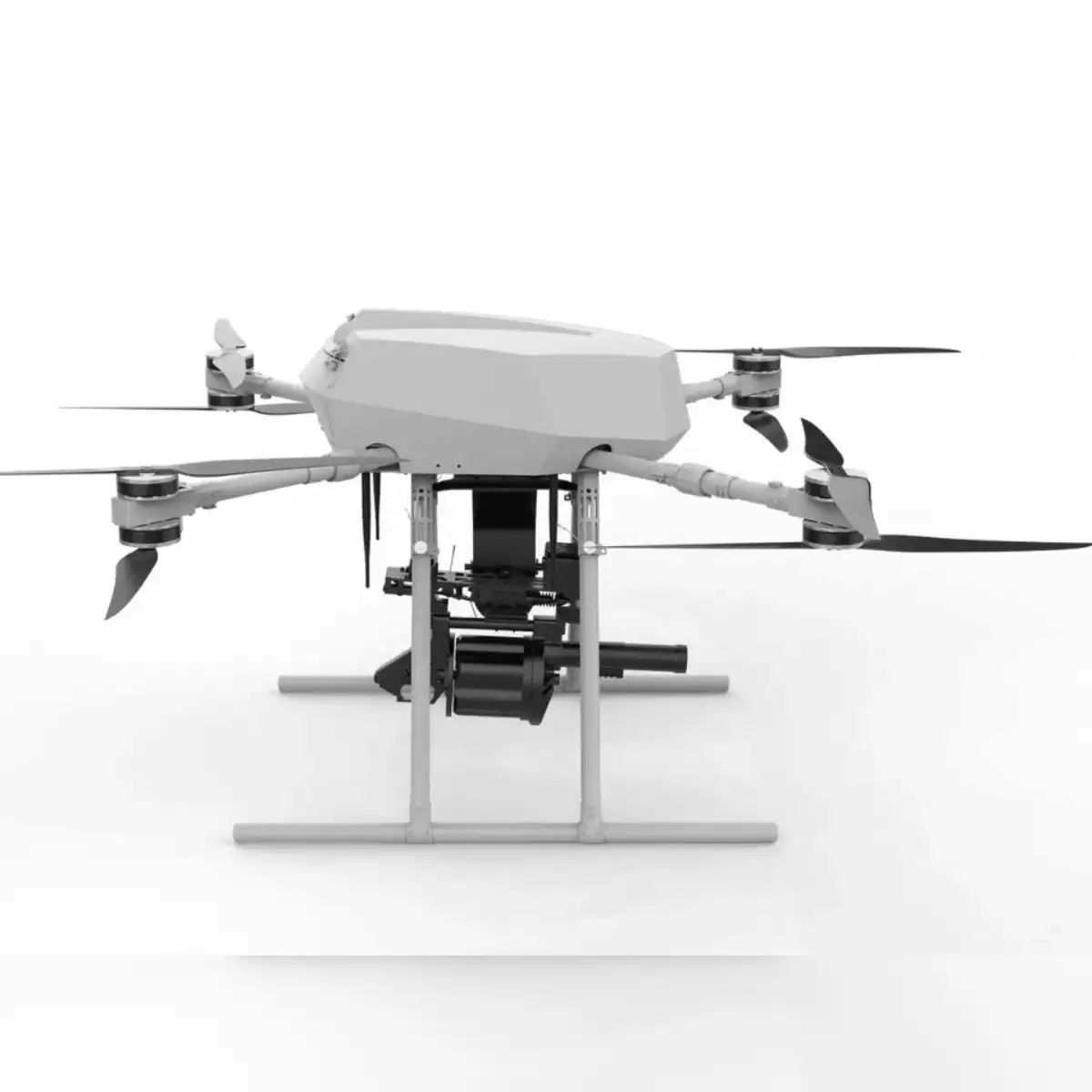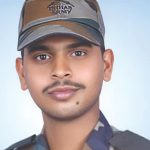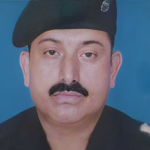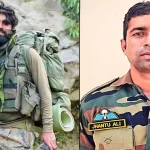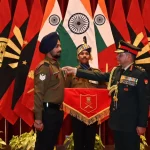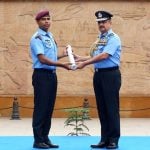In a startling escalation of hostilities, India has accused Pakistan of deploying Turkish-made Songar armed drones in a coordinated and large-scale assault targeting Indian military installations on the night of May 8–9. The Indian Air Force (IAF) confirmed the use of these drones during a Ministry of External Affairs (MEA) briefing on Friday.
Wing Commander Vyomika Singh of the IAF stated, “Pakistan carried out large-scale violations of Indian airspace, attempting to target military infrastructure with 300–400 drones across 36 locations from Leh to Sir Creek.” The drones, she revealed, were Turkish-origin Songar UAVs, developed by Ankara-based defense firm Asisguard.
Songar drones are the first armed UAVs inducted into the Turkish military’s arsenal, equipped with 5.56 mm NATO-standard automatic firearms, autonomous take-off and landing capabilities, and real-time video transmission. These drones are designed for both reconnaissance and direct engagement, offering a potent combination of surveillance and offensive power. Integrated with fire-stabilization systems, they are highly effective in rugged terrain and low-visibility combat conditions.
According to Singh, Indian defense forces swiftly countered the threat using both kinetic (interception and neutralization) and non-kinetic (electronic warfare) methods. No major infrastructure damage has been reported, and the IAF maintains that Indian airbases and assets remain secure.
The drone offensive followed Operation Sindoor, launched by India on May 7, which targeted nine terror infrastructure sites in Pakistan and Pakistan-occupied Kashmir (PoK). The operation was in response to the April 22 Pahalgam terror attack that killed 26 civilians, including one Nepali national.
The use of foreign-manufactured armed UAVs by Pakistan marks a significant and concerning development in regional warfare capabilities. Defense experts believe this could reshape the dynamics of future engagements between India and Pakistan, given the increasing role of autonomous weapons in modern conflict.
Amid the heightened tensions, Prime Minister Narendra Modi held a high-level security meeting with former chiefs of the Army, Navy, and Air Force to assess the situation and plan further strategic responses.
As the conflict deepens, the international community has urged restraint, while India has reiterated its right to defend its sovereignty and civilian population from cross-border terrorism and technological aggression.

